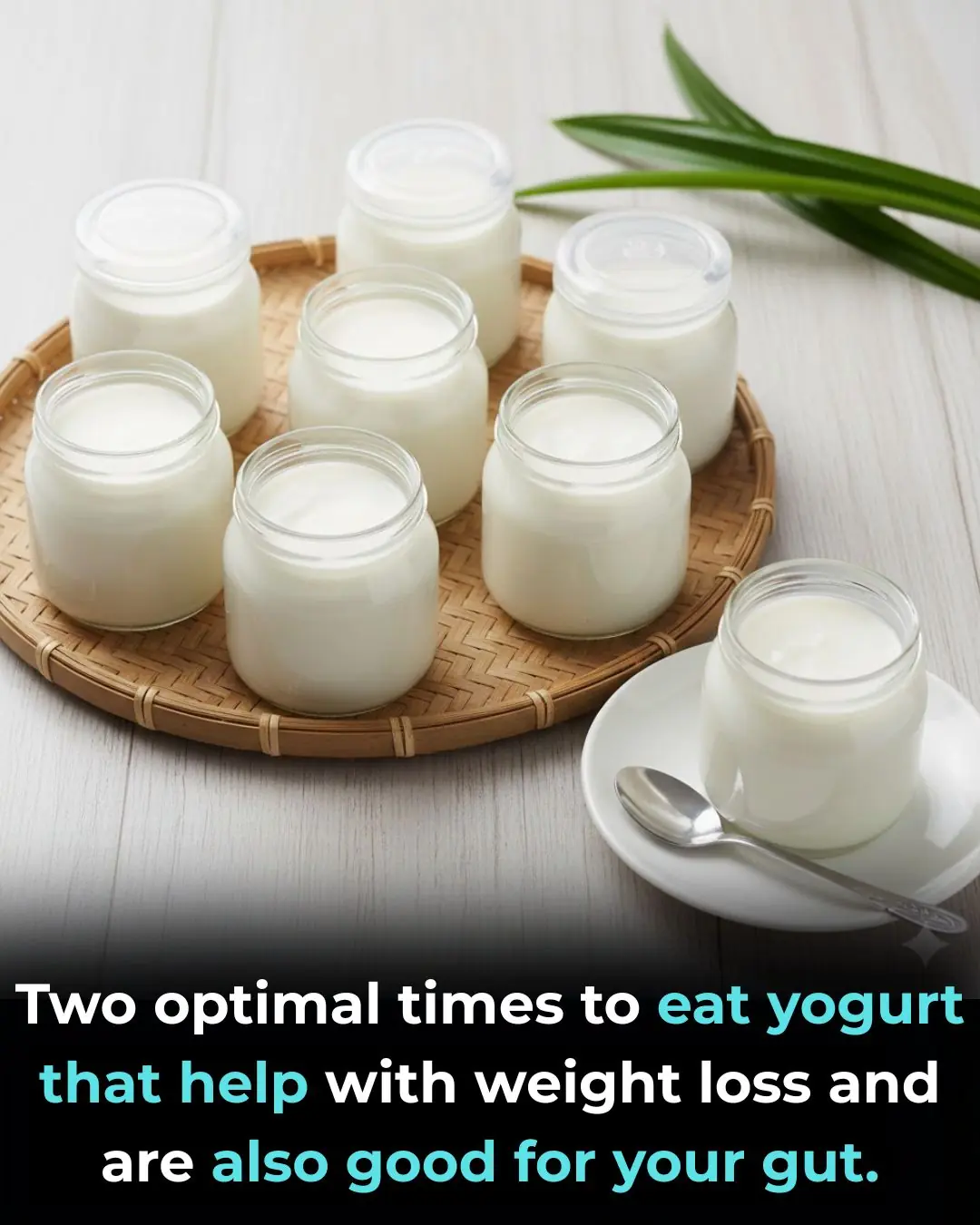
The Amount Of Time You Spend Peeing Could Be A Warning Sign For Bigger Health Issues
Why Timing Your Bathroom Breaks Might Actually Be a Smart Health Move
At first glance, the idea of timing your bathroom trips might sound a little odd—maybe even a bit silly. But surprisingly, it could provide valuable insight into your overall health, especially when it comes to your bladder.
Health experts suggest that paying closer attention to how long it takes you to urinate could help identify early warning signs of bladder or urinary tract issues. It turns out there’s actual science behind this, and it’s more fascinating than you might think.
This is where something called the “Law of Urination” comes into play—a quirky but surprisingly informative concept discovered by a group of scientists from the Georgia Institute of Technology. A few years back, these researchers embarked on a study that involved observing various animals… peeing. Yes, seriously.
They reviewed countless high-speed video recordings of mammals doing their business, from rats and goats to cows and elephants. What they found was something both peculiar and consistent: nearly all mammals weighing more than 3 kilograms take about 21 seconds to fully empty their bladders.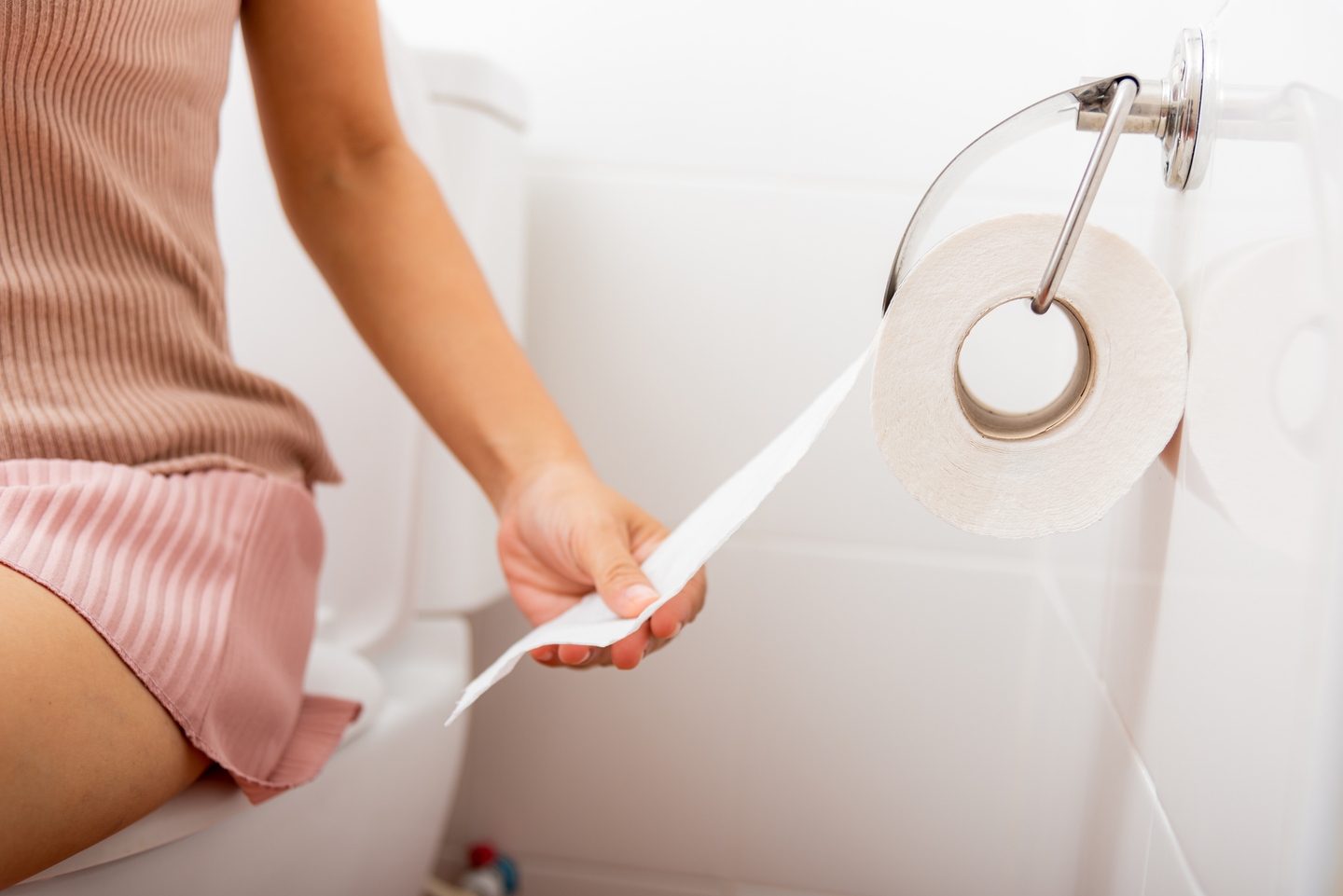
This odd but intriguing discovery earned them a spoof Ig Nobel Prize in 2015, a tongue-in-cheek award that celebrates unusual or humorous scientific achievements. But beneath the humor lies real scientific value.
Published in the journal PNAS in 2014, the study pointed out that gravity plays a big part in this process. As animals get bigger, so do their urethras—the tubes that carry urine from the bladder out of the body. A longer urethra allows for faster flow due to gravity, so even an elephant with an 18-liter bladder empties it in roughly the same time as a dog with a much smaller bladder.
“How can bladders of both 0.5 kg and 100 kg be emptied in nearly the same duration?” the team wrote. “Larger animals have longer urethras, and so greater gravitational force driving flow.”
Despite massive differences in bladder size, the urination time stayed constant across all mammals heavier than 3 kilograms. That’s pretty remarkable—especially when you consider an elephant’s bladder can be 3,600 times the size of a cat’s!
So… what does this mean for humans?
You might be wondering how this fun fact about animals connects to your everyday life. As mammals ourselves, we’re not exempt from this “21-second rule.” In fact, it can act as a helpful benchmark for maintaining bladder health.
According to nurse and researcher Janis Miller, PhD, the 21-second rule can actually help people develop a better awareness of their urinary habits, which in turn can support overall wellness. Of course, not every bathroom visit will clock in at exactly 21 seconds. But consistently taking much more—or much less—time could be worth paying attention to.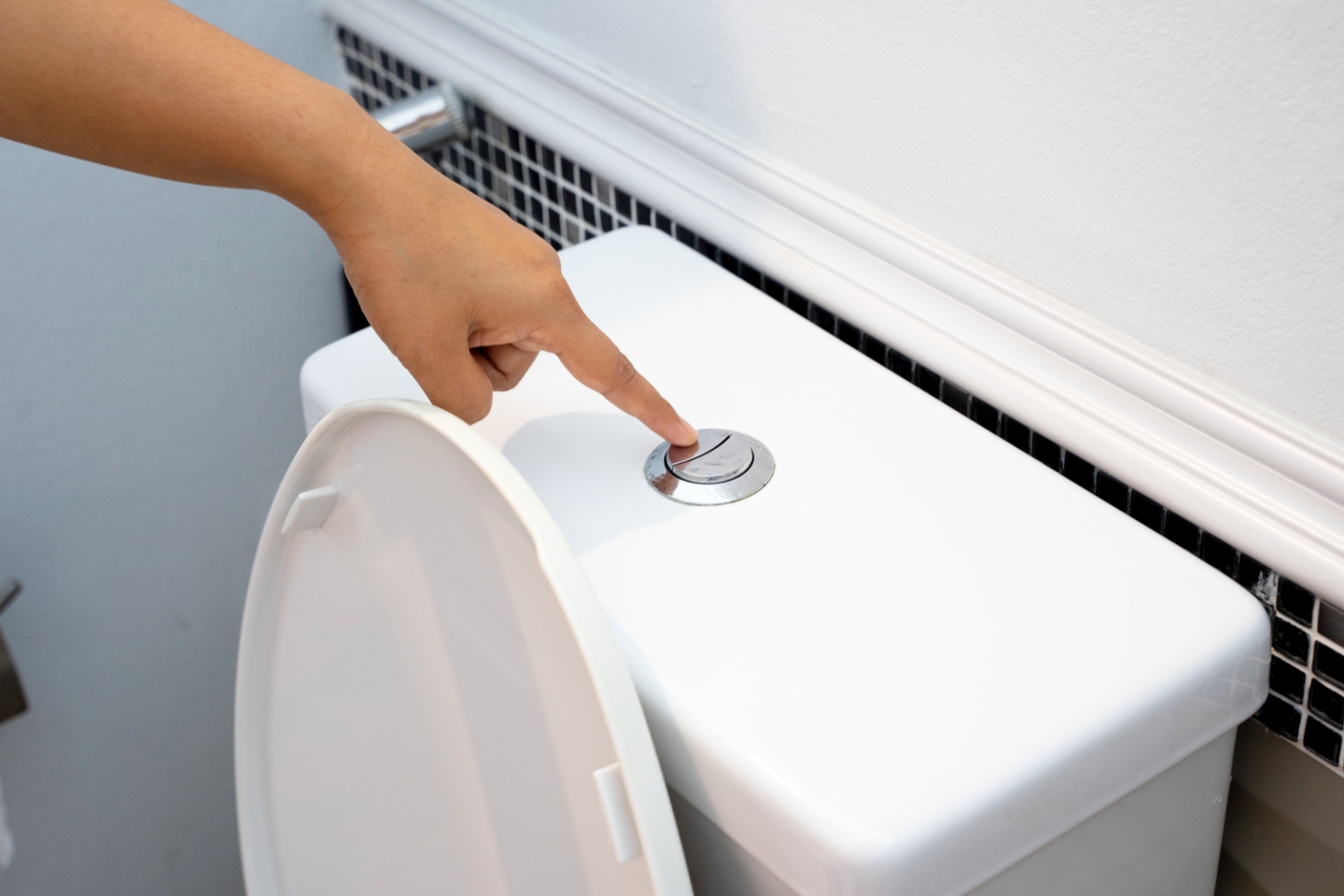
According to sources like IFL Science, significant deviations from that norm could signal potential issues such as bladder inflammation, urinary tract infections (UTIs), prostate problems, or even more chronic urinary conditions.
If you're finding that your bathroom breaks are getting longer and longer, or you're suddenly going way more often than usual, that could be a sign to check in with your doctor. It might be nothing—or it might be something that’s easier to treat early on.
Longer urination times may indicate that your bladder is overstretching, which can lead to it losing its elasticity over time. Once that happens, your bladder may not empty efficiently, leading to more frequent trips and a higher risk of infections or complications.
On the flip side, holding it in too often—or delaying your bathroom visits for long periods—can increase the risk of UTIs or even kidney problems. Going too frequently, even when you don’t actually need to, might be a sign of an overactive bladder, a condition where you feel the urge to urinate constantly despite your bladder not being full.
So, how often should you really be peeing?
According to urologist Nicole Eisenbrown, a good rule of thumb is to aim for around eight bathroom visits per day—assuming you’re properly hydrated. More than that may be normal for some people, but if you notice a sudden change in frequency or duration, it’s worth exploring.
Incorporating simple habits—like staying hydrated, avoiding too much caffeine or alcohol, and listening to your body’s natural signals—can go a long way in supporting a healthy bladder.
So next time you spot someone with a stopwatch near the sink, don’t be so quick to judge. They might just be taking a proactive step in understanding their body better. And honestly, maybe you should consider giving it a try too.
After all, 21 seconds might be more than just a fun fact—it could be a valuable health check hiding in plain sight.
News in the same category

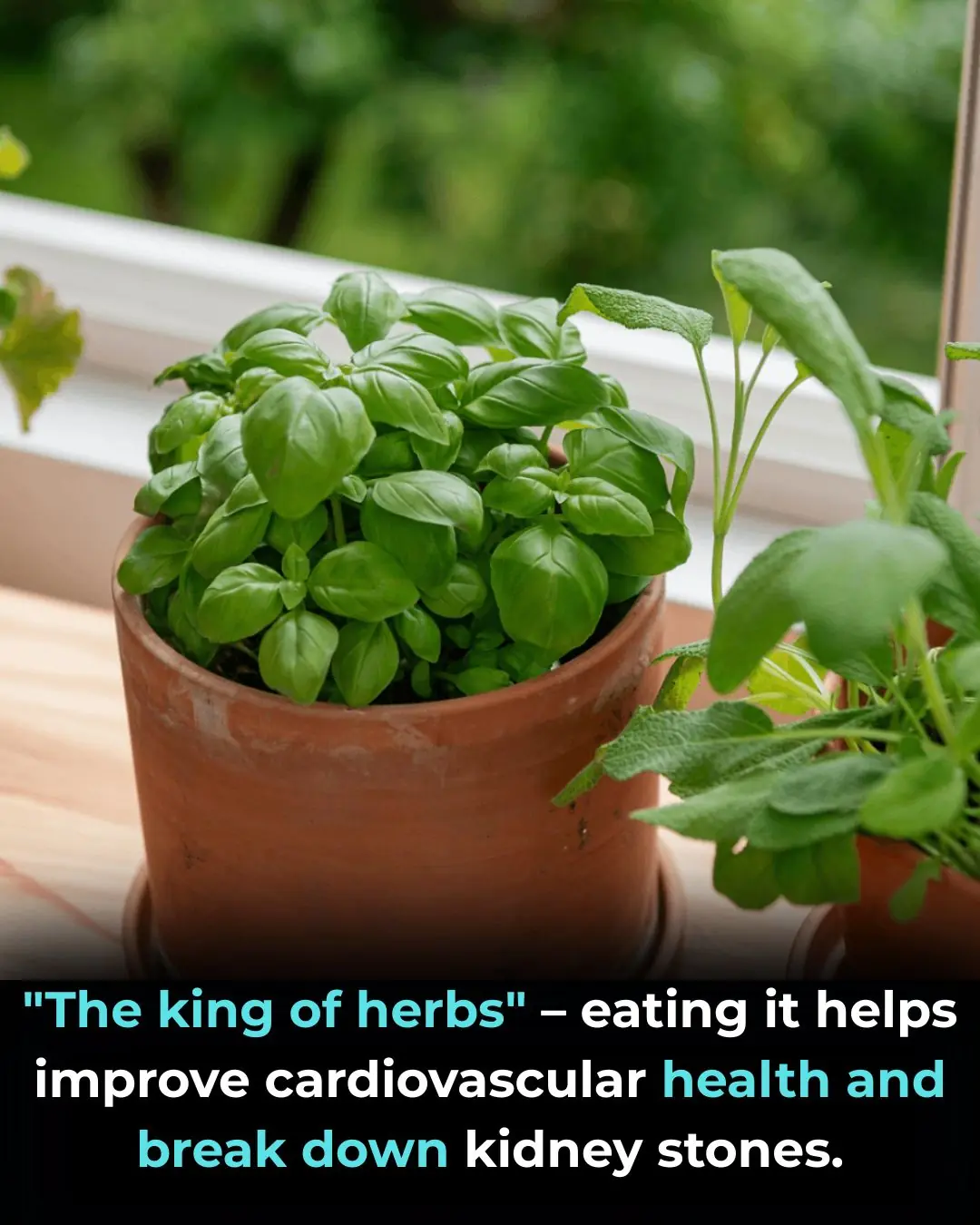
"The King of Herbs": Aids Heart Health and Helps Dissolve Kidney Stones

Menstrual Blood–Derived Stem Cells and Amyloid Pathology in Alzheimer’s Disease: Evidence from Preclinical Research

Household Chores and the Development of Executive Functions in Children
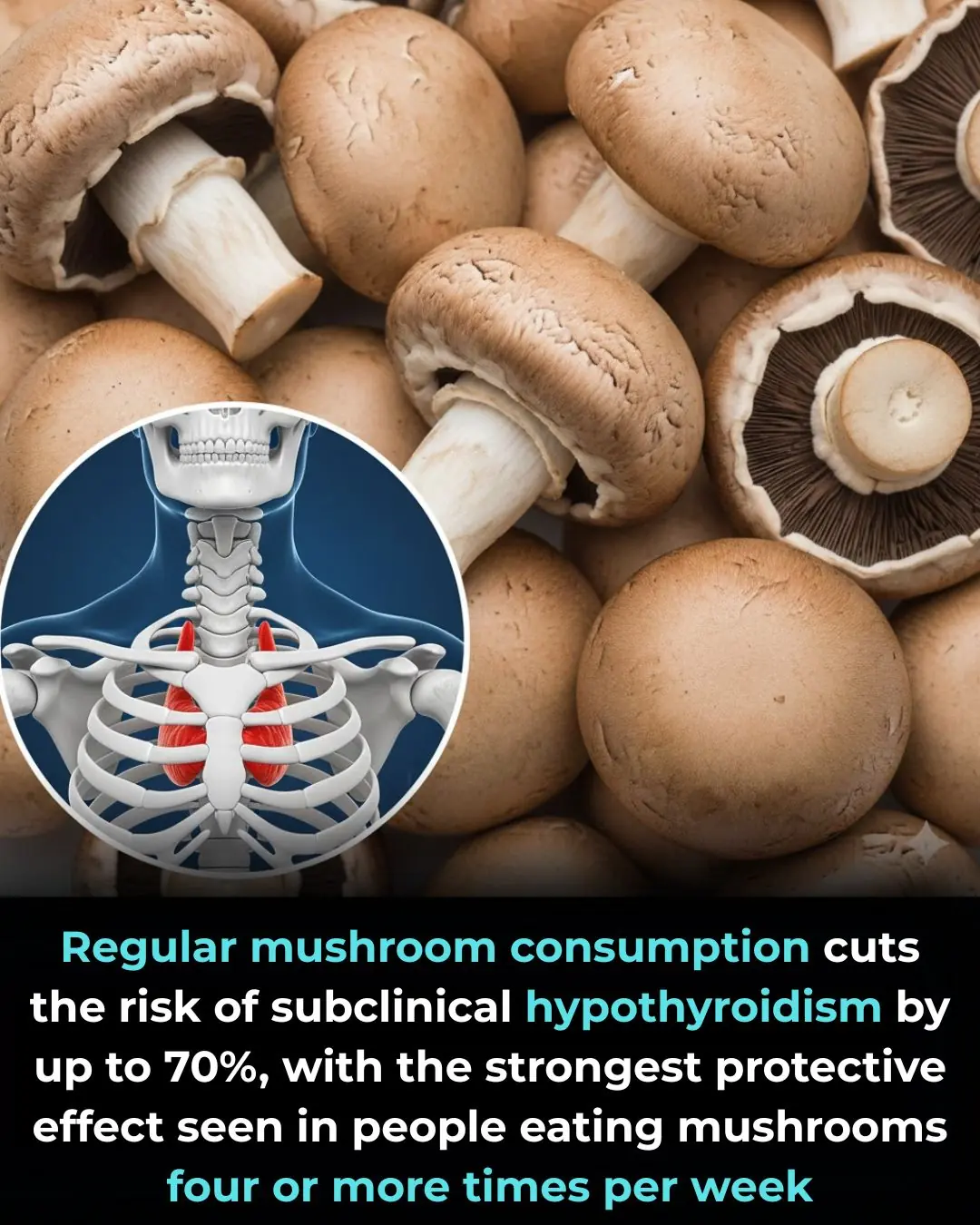
Edible Mushroom Consumption and the Prevention of Subclinical Thyroid Dysfunction

Anticancer Potential of Mastic Gum Resin from Pistacia atlantica: Evidence from In Vitro Colon Cancer Models

The Effects of Raw Carrot Consumption on Blood Lipids and Intestinal Function

Off-the-Shelf CAR-NKT Cell Therapy Targeting Mesothelin: A New Strategy Against Pancreatic Cancer

The Truth About the Link Between Sugar and Cancer

Beware! 7 Neuropathy Causing Medications You Need to Know

Doctors have summarized five warning signs that a person's body typically gives in the year before death

Woman lost both kidneys before turning 30: Doctor warns of 2 habits that cause kidney failure
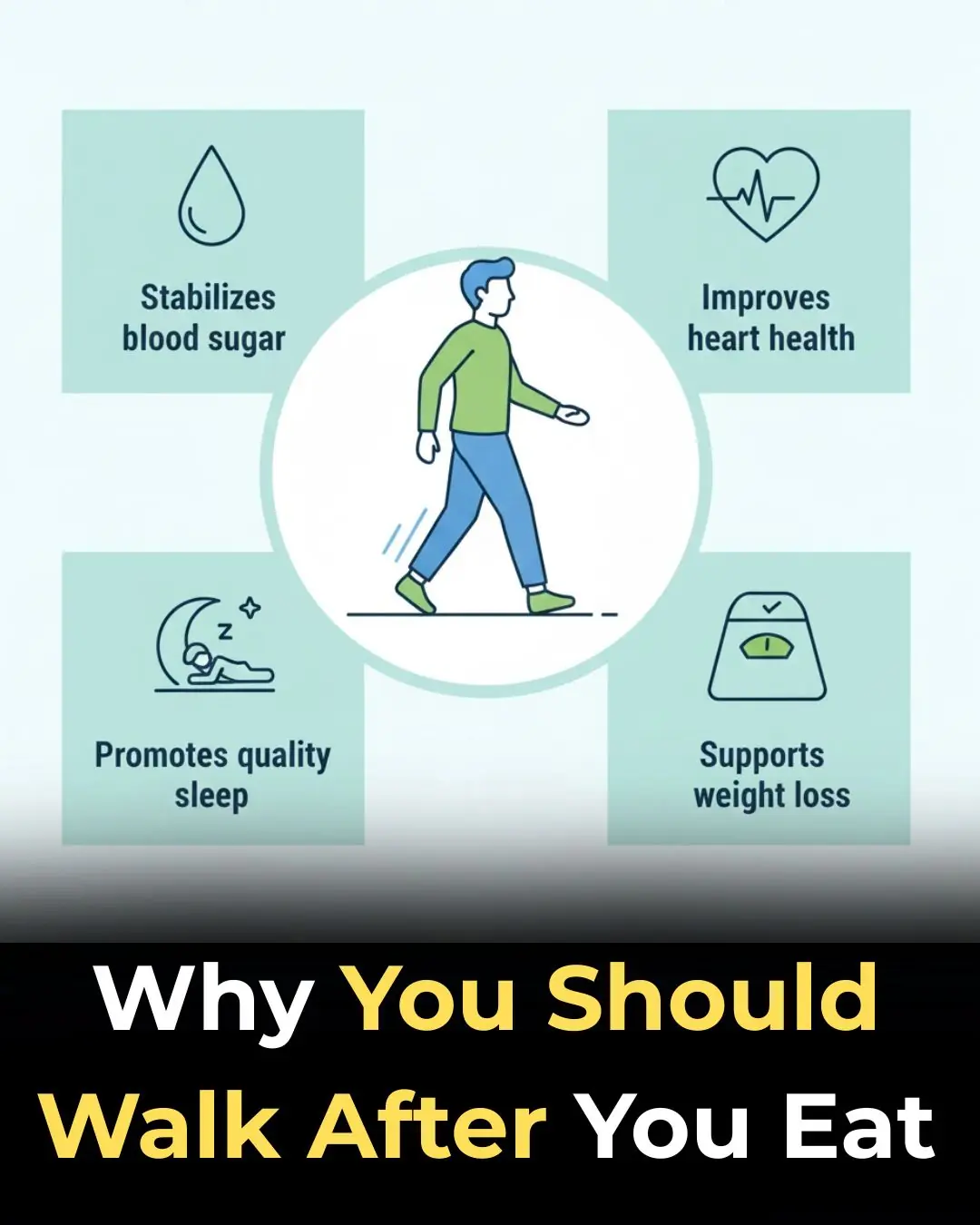
Why Walking After Eating Is So Good for You
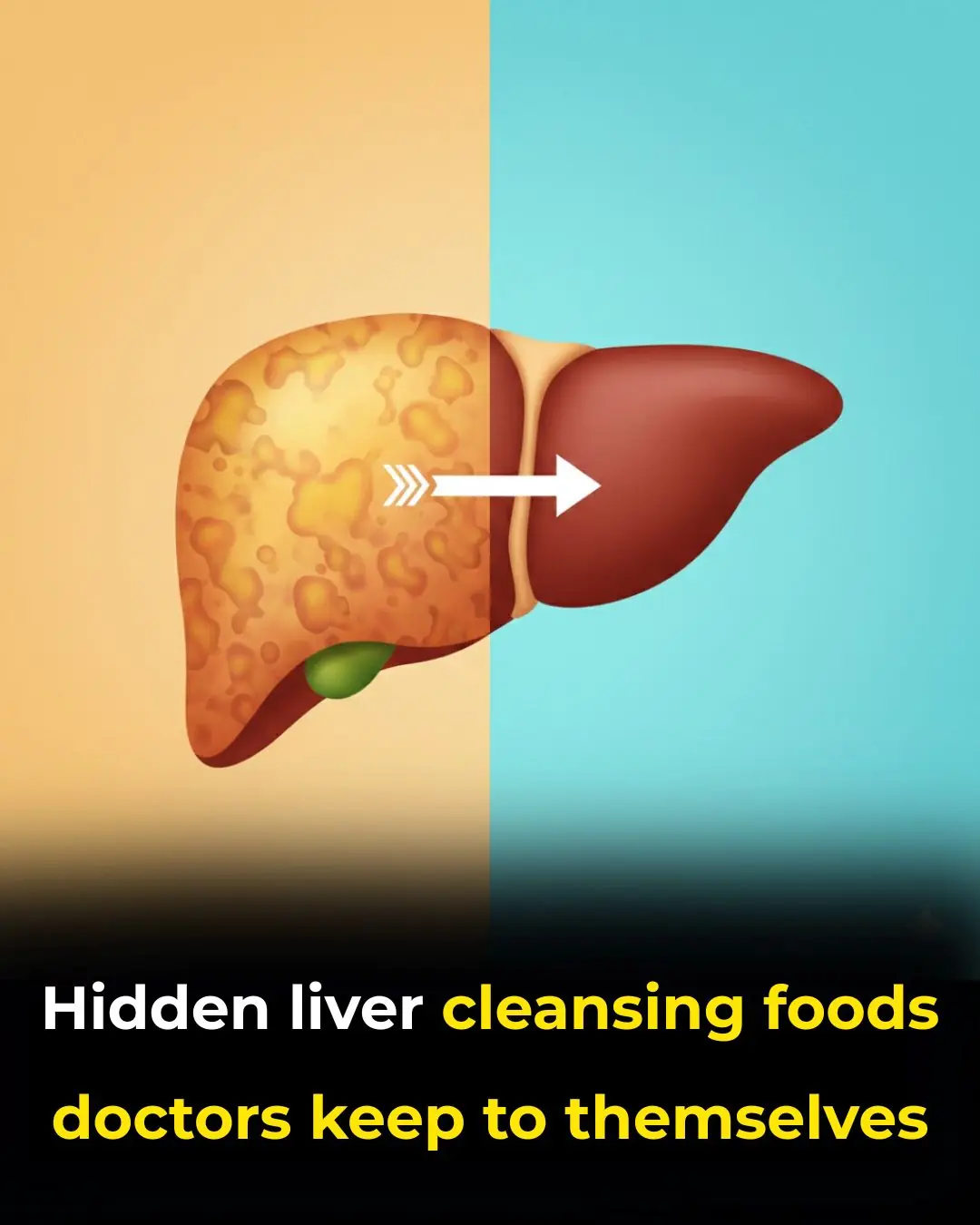
The Best Scientifically Proven Foods to Cleanse Your Liver

5 Common Habits That Quietly Damage Your Knees

Why Hot Dogs and Processed Meat Might Be the Most Dangerous Foods of All Time

Epstein–Barr Virus May Reprogram B Cells and Drive Autoimmunity in Lupus

Oral Semaglutide Fails to Slow Cognitive Decline in Early Alzheimer’s Disease, Phase 3 Trials Show

Early Use of Glucocorticoids May Reduce Mortality in Community-Acquired Pneumonia
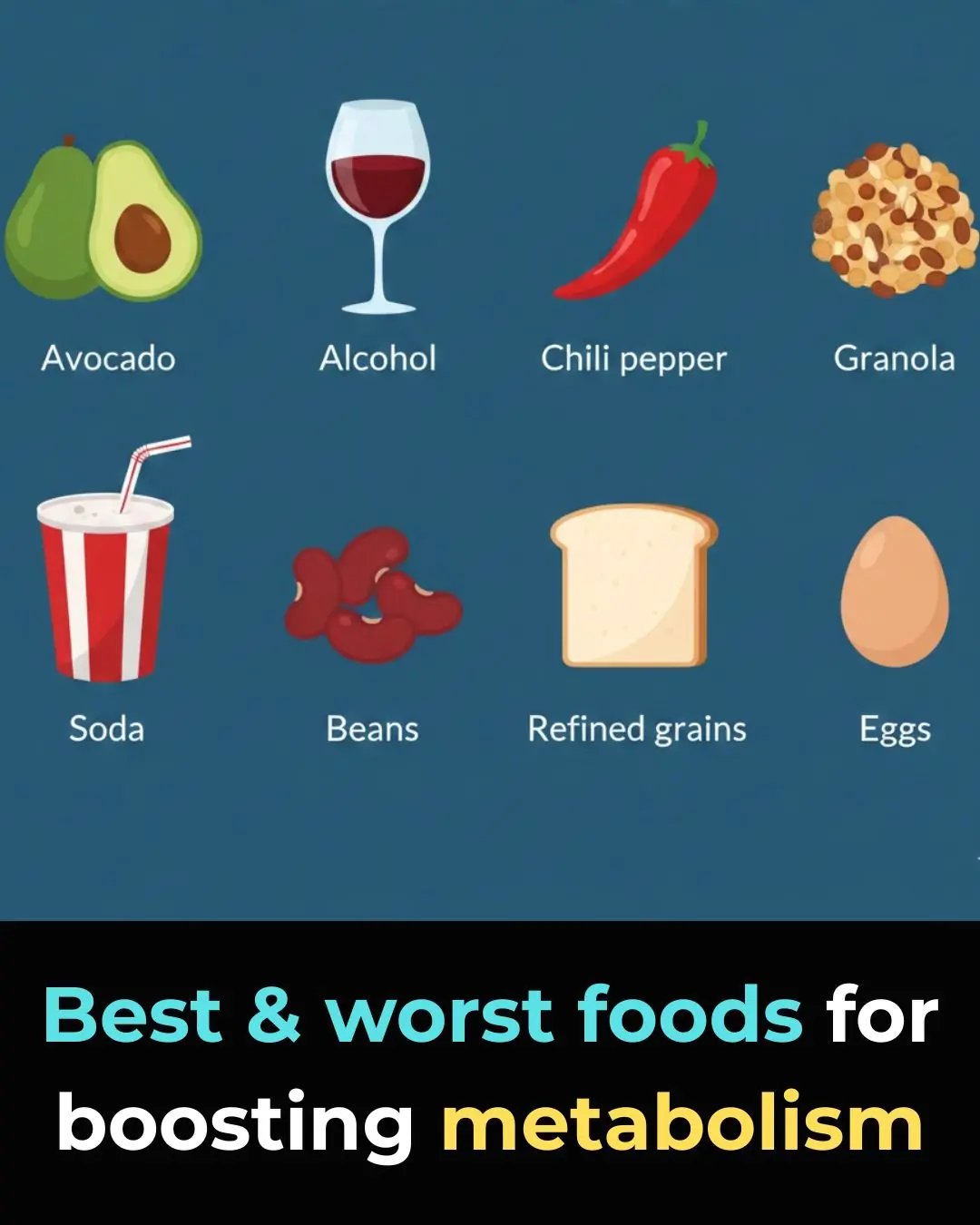
11 Best and Worst Foods for Boosting Metabolism
News Post

The Best Times to Eat Yogurt for Effective Weight Loss and Gut Health

"The King of Herbs": Aids Heart Health and Helps Dissolve Kidney Stones

Menstrual Blood–Derived Stem Cells and Amyloid Pathology in Alzheimer’s Disease: Evidence from Preclinical Research

Household Chores and the Development of Executive Functions in Children

Edible Mushroom Consumption and the Prevention of Subclinical Thyroid Dysfunction

Anticancer Potential of Mastic Gum Resin from Pistacia atlantica: Evidence from In Vitro Colon Cancer Models

The Effects of Raw Carrot Consumption on Blood Lipids and Intestinal Function

Off-the-Shelf CAR-NKT Cell Therapy Targeting Mesothelin: A New Strategy Against Pancreatic Cancer

The Truth About the Link Between Sugar and Cancer

Most people will go their entire life without ever knowing what the drawer under the oven was actually designed for

Beware! 7 Neuropathy Causing Medications You Need to Know

Doctors have summarized five warning signs that a person's body typically gives in the year before death

Why do many people recommend squeezing lemon juice into the oil before frying?

Woman lost both kidneys before turning 30: Doctor warns of 2 habits that cause kidney failure

10 Things Women Who Have Been Heartbroken Too Many Times Do

Best Vitamins & Foods for Hair Growth
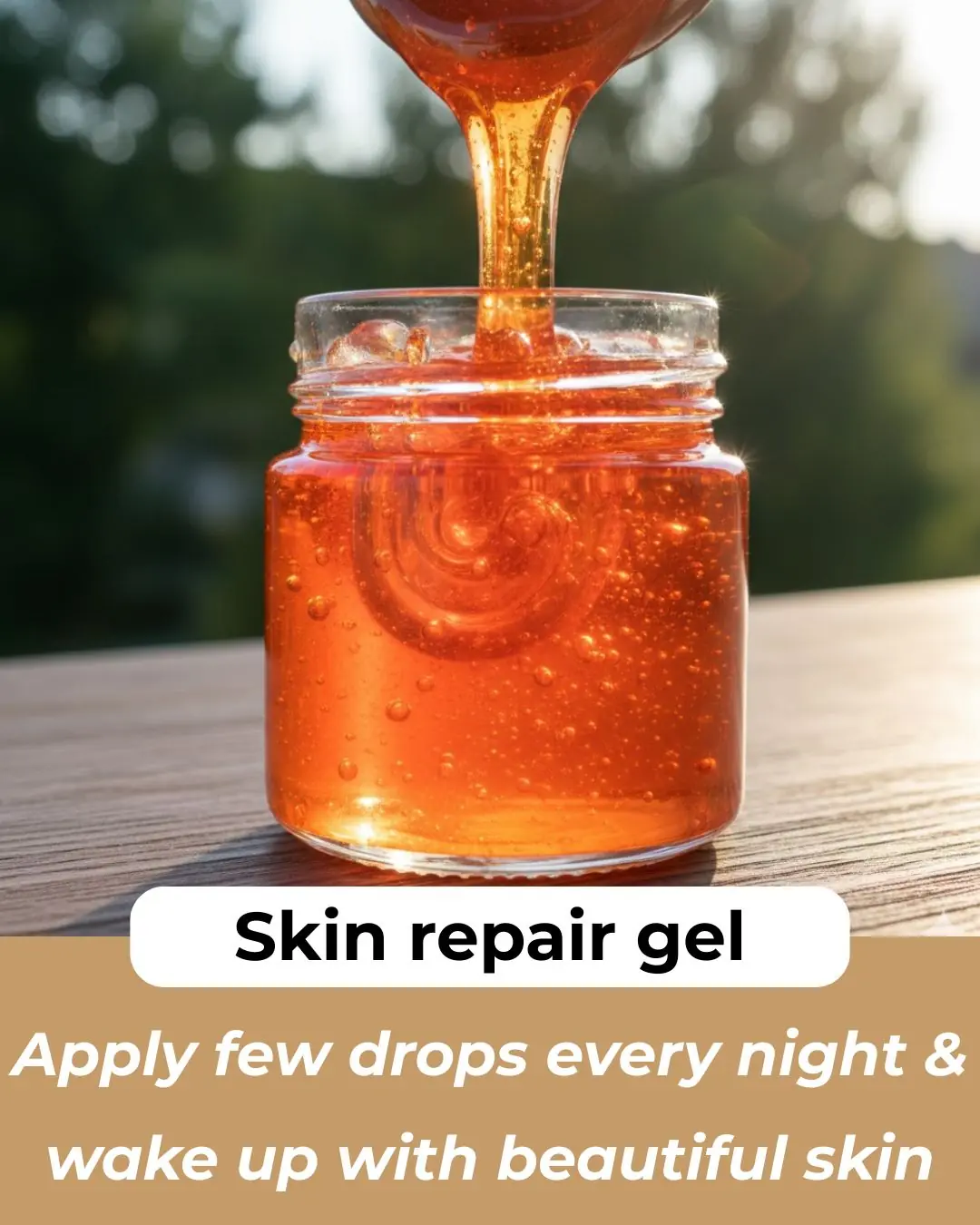
Homemade Carrot Gel for Glowing Skin & Wrinkles

Potato Toner for Face – Dark Spots, Clear Skin & Pigmentation

after an argument, my husband kicked me out and left me at a bus stop outside the city with no money.
